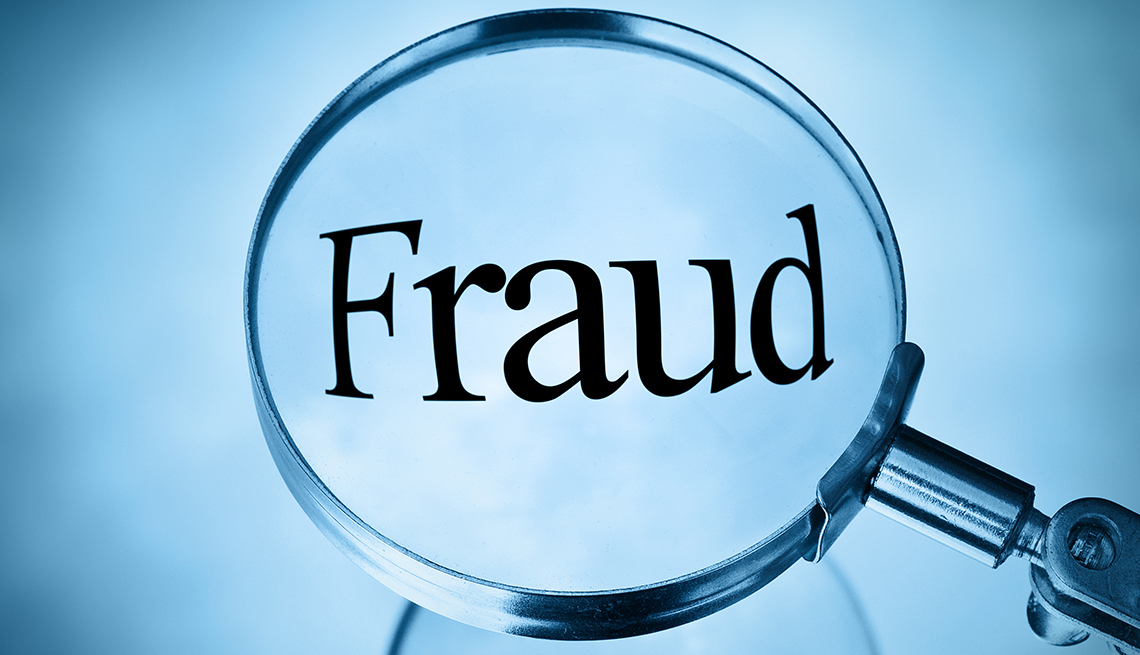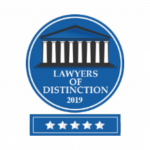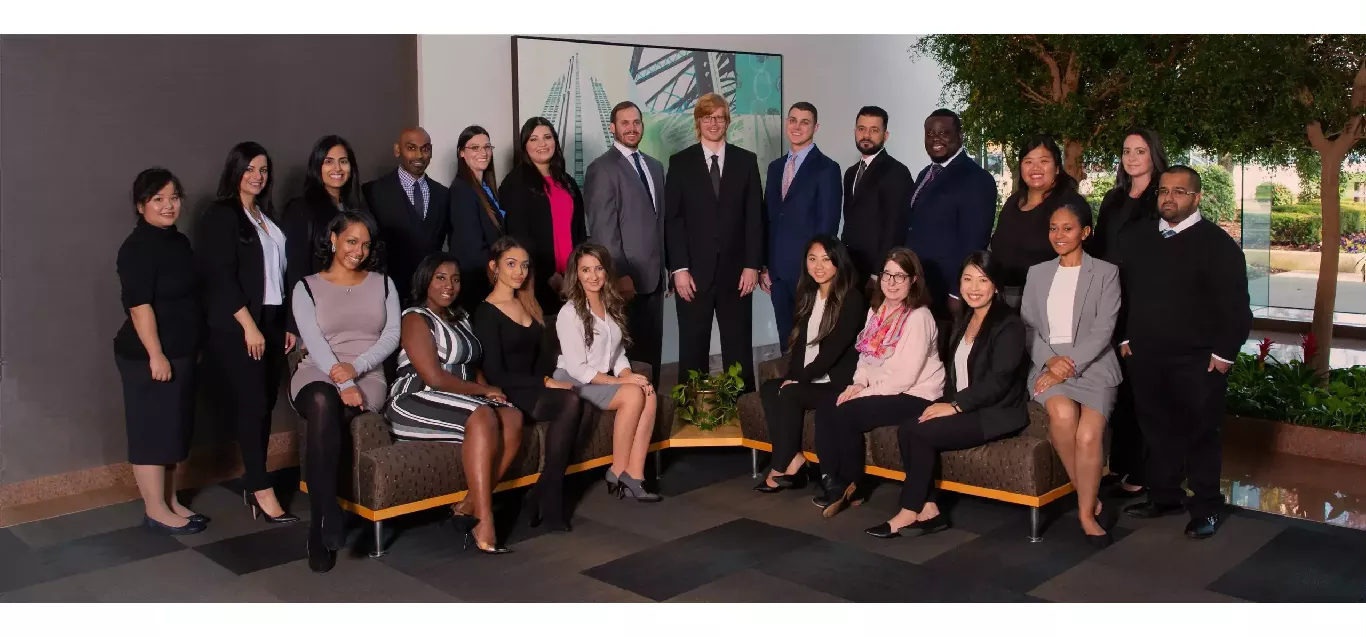Williams v Farm Bureau
Post-Procurement fraud does not allow for the recission of a No-Fault policy.
Ding dong Bahri is dead!
On January 28, 2021, the Michigan Court of Appeals disintegrated one of its most sinister insurance law opinions ever when it issued its decision on Williams v Farm Bureau, ____ Mich App ____ (2021) (Docket No. 349903). The Williams opinion took aim at the highly controversial and calamitous Bahri v IDS Prop Cas Ins Co, 308 Mich App 420 (2014) and rendered it impotent for its most devastating purpose. No longer can insurance companies use Bahri to indiscriminately dismiss thousands of dollars in No-Fault bills and benefits with allegations of fraud discovered after a claim was filed.

Innocent third parties were collateral damage after Bahri. The medical providers typically had no idea that their patient had made misrepresentations during a deposition or that there was potential fraud involved in their case. Often, the providers would not learn about fraud until after the subject PIP case got dismissed. Only after they call the adjuster or patient’s attorney to inquire about the status of payment will they find out that they are out of luck.
Despite this patent unfairness, there was no sympathy for these reeling small businesses. Afterall, a handful of the providers were legitimately fraudulent themselves. It was guilt by association for the rest of the thousands of hard-working medical providers in Michigan. Further, there was an active campaign against the medical community in Michigan alleging that providers make too much money by overcharging. Hence, the collateral damage from Bahri was not a real concern to the courts who were bound by its precedence.
Williams v Farm Bureau Mut Ins Co, brings common sense and fairness
In 2017, Bahri was slightly limited in its applicability by Shelton v Auto-Owners, 318 Mich App 648 (2017), when the Court of Appeals ruled that Bahri only applied to policyholders and named insureds. However, it was not until the summer of 2020 that Bahri’s chaotic six-year reign started to show signs of crumbling. First, the Court of Appeals in Haydaw v Farm Bureau Ins Co, ___ Mich App ___ (2020) (Docket No. 345516) mortally wounded Bahri on July 9, 2020 by holding that fraud discovered during litigation could not be used to trigger a fraud-based policy rescission.
A few weeks after Haydaw was decided, the Supreme Court hit Bahri with a virtual death blow in Meemic v Fortson, ___ Mich ____ (2020) (Docket No. 158302). The Meemic Court unambiguously held that contractual antifraud provisions are unenforceable because they conflict with the No-Fault Act’s mandated coverage. When a fraud defense “is grounded on neither the no-fault act nor the common law, it is invalid and unenforceable.” Id. at ___ slip op at 1-2]
Meemic v Fortson did leave a small opening for insurers in footnote 15 of the opinion – the only place where Bahri was mentioned. In this footnote, the Supreme Court alludes that if the fraud was committed by the policyholder (Fortson was not the policyholder) the antifraud rescission may still be an available remedy for the insurer. Fortunately, this opening was aptly sealed shut by Williams, which held that “[a]ntifraud provisions are invalid to the degree they purport to apply to misrepresentations or fraud that that occur after the policy has been issued (post-procurement fraud)” Williams, ____ Mich App ____ (2021)
The Williams Court very meticulously, and repeatedly, reasoned that since antifraud provisions were not authorized by the legislature when enacting the No-Fault Act (and amending it in 2019) they are not valid or enforceable post-procurement. Instead, the remedy for fraud by a claimant is for an insurer to deny a claim and also to seek MCL 500.3148(2) sanctions. These are the statutorily available rights for the insurers when there is evidence of post-procurement fraud.
Bahri is dead
Thanks to Williams v Farm Bureau, ____ Mich App ____ (2021) (Docket No. 349903) the six years of pain to injured accident victims and medical providers (and plaintiff firms) caused by Bahri is over. The ability of insurers to overreach has finally been reined in. The fear of tricky deposition questions to illicit “misrepresentations” is gone. The fear of an injured claimant picking up his child in public is gone. The fear of not being a perfect plaintiff is gone. We are now back to how it should have always been – a level playing field for No-Fault plaintiffs and defendants. Stick a fork in it, Bahri is dead.









